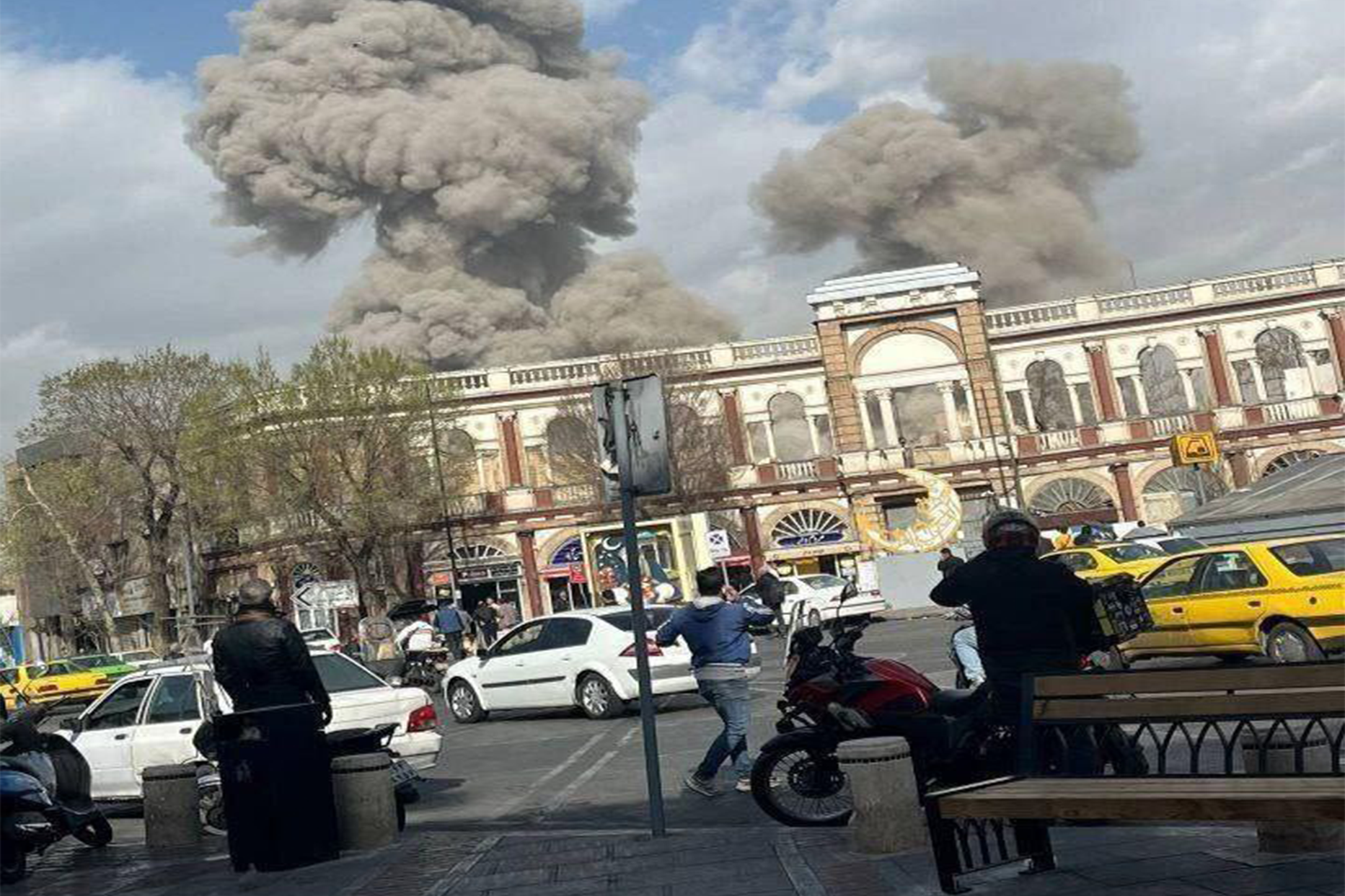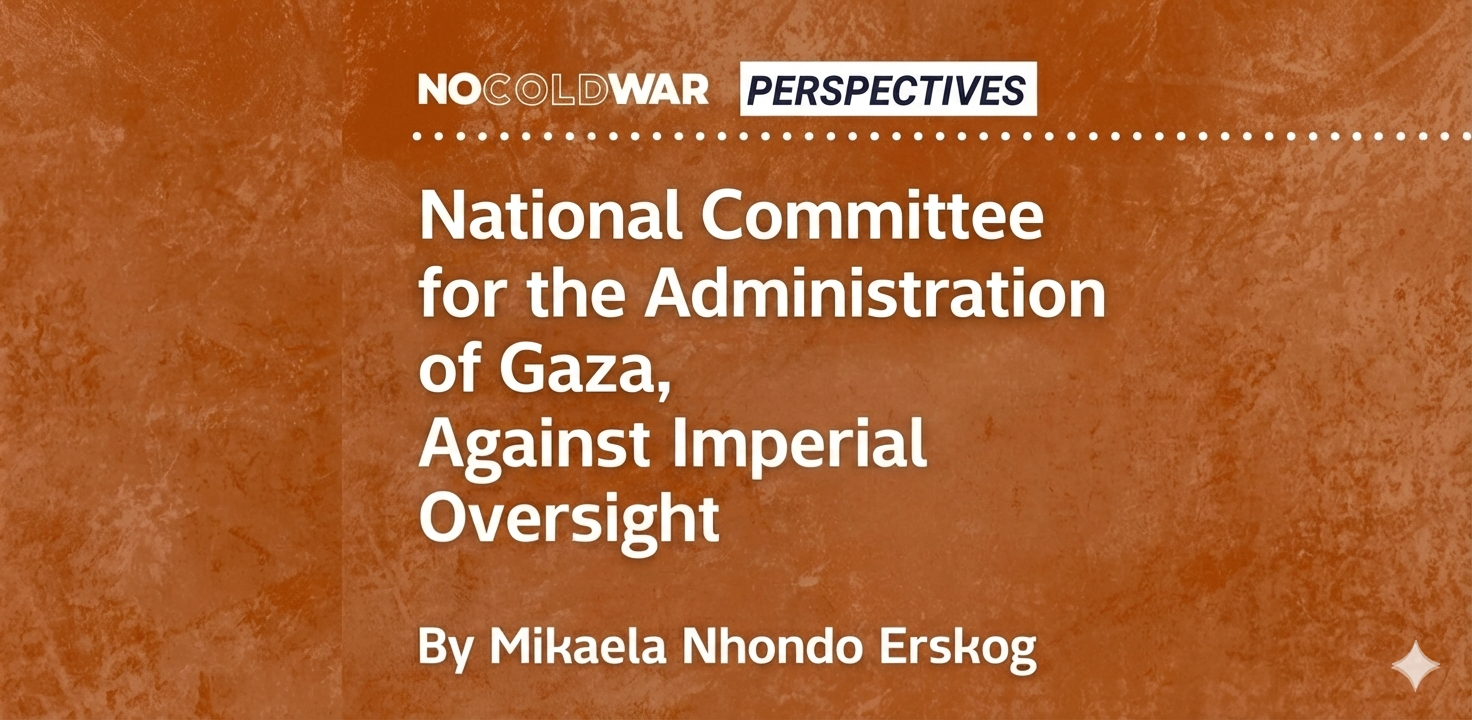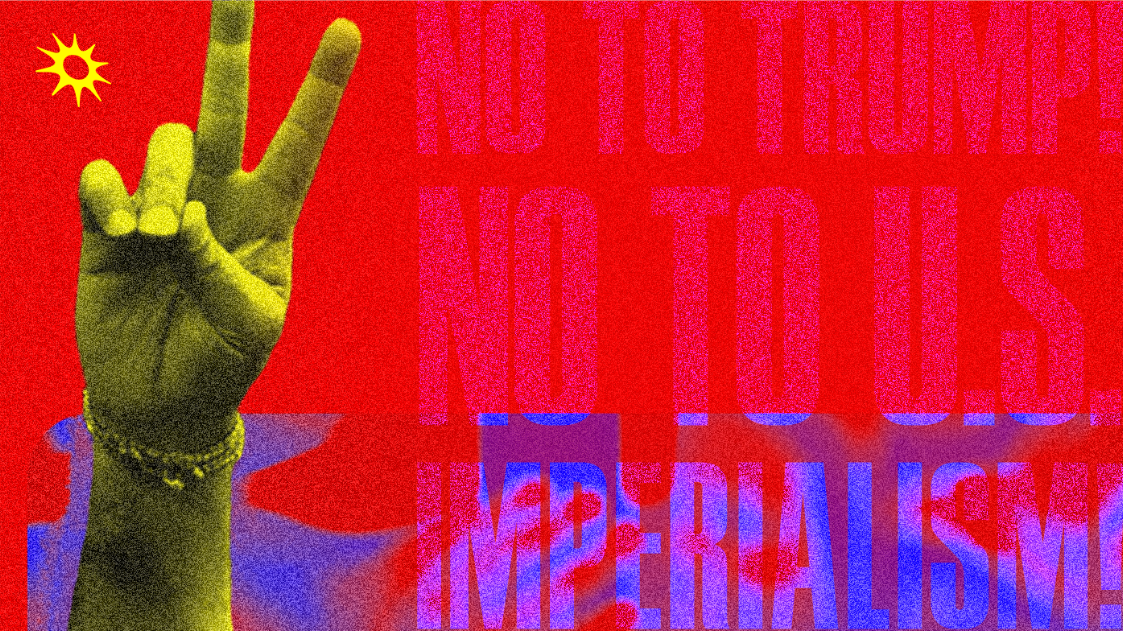Rashed Khan Menon: One year of the political persecution of a leader of Bangladeshi liberation
At 81, Rashed Khan Menon represents decades of unwavering commitment to Bangladesh’s democratic struggle. Born in 1943, Menon has served as president of the Workers Party of Bangladesh and was elected to parliament five times, representing constituencies from Barisal to Dhaka over four decades.
His political journey began in the 1960s as president of the East Pakistan Students Union, where he championed revolutionary ideals against martial law. Most notably, in 1990, he played a leading role in the mass movement that toppled the military dictatorship of General Ershad – a testament to his lifelong fight against authoritarianism.
Menon served as Minister for Civil Aviation and Tourism, chairman of Parliamentary Standing Committees, and survived a near-fatal assassination attempt in 1992 when gunmen opened fire on his party office.
The Political Crisis That Shook Bangladesh
On 5 August 2024, the government of Sheikh Hasina was toppled in what has been described as a student-public uprising. In reality, the events bore the hallmarks of a meticulously orchestrated regime change, influenced and abetted by the US deep state. While publicly portrayed as a spontaneous movement for reform, the outcome has primarily benefitted two reactionary forces: the religious right and US imperialism — with the tacit support of certain rightist regimes in the Middle East.
The rise of the religious right in Bangladesh has a long and calculated history. During the Liberation War of 1971, many of these forces actively opposed independence, collaborating with the Pakistan military and committing atrocities against the people. After 1975, with the assassination of Bangabandhu Sheikh Mujibur Rahman, successive military and quasi-military regimes rehabilitated these elements, giving them political space, media platforms, and control over educational and religious institutions.
The liberation struggle of 1971 and the hard-earned emancipation of Bangladesh are now under renewed assault — ideologically, politically, and culturally. The progressive heritage of Bangla — its secular cultural identity, religious harmony, and traditions of democratic thought — is being undermined.
The Unjust Persecution of an Elderly Statesman
On August 22, 2024, Rashed Khan Menon was arrested at his Gulshan residence in Dhaka at the age of 81. His own party’s trade union federation highlighted his “ailing health,” asserting he “should not become a victim of political vendetta”.
The charges are deeply troubling: Menon has been accused of involvement in protester deaths despite having no administrative role in the government at the time and actually supporting student demands for quota reform. Even more disturbing, both Menon and fellow politician Hasanul Haq Inu were physically assaulted by lawyers while attending court hearings.
Left parties and human rights groups have condemned these arrests as “political revenge,” emphasizing that neither Menon nor other targeted leaders held official government positions during the protests. The cases are part of a systematic campaign against progressive voices who have spent decades fighting for democracy and social justice.
At 81 years old and in frail health, Menon’s imprisonment represents not just an attack on one man, but on the very principles of justice, human dignity and Bangladeshi liberation. His arrest sends a chilling message about Bangladesh’s democratic future and the continuation of its long path towards liberation.
#JusticeForMenon


